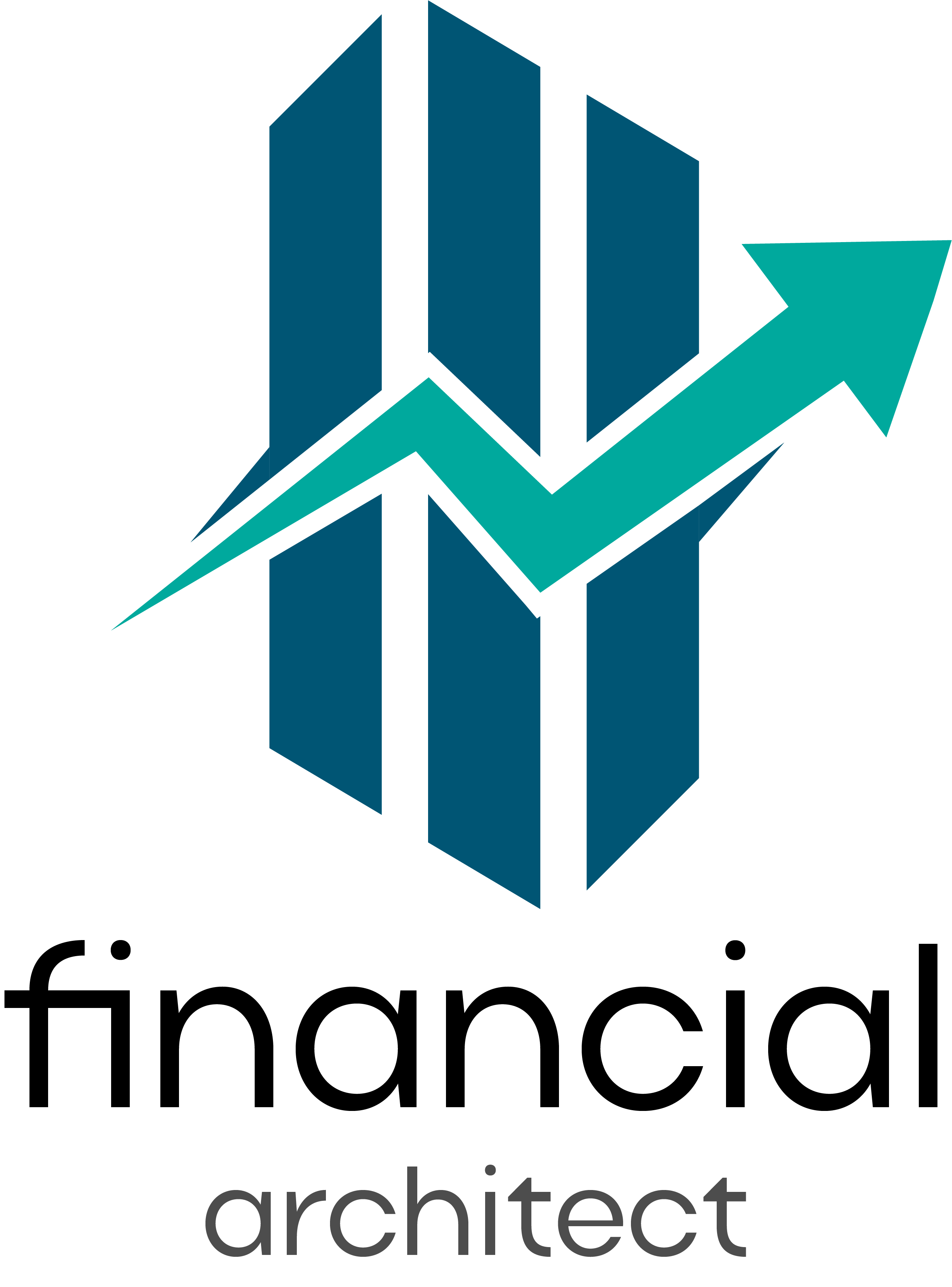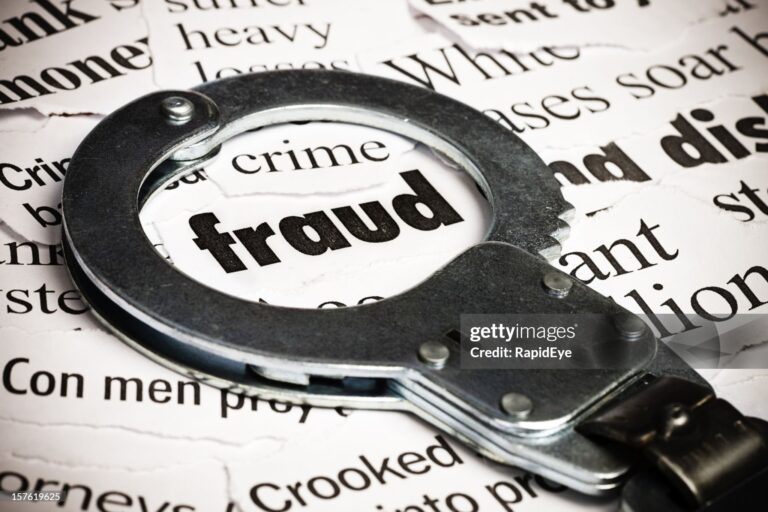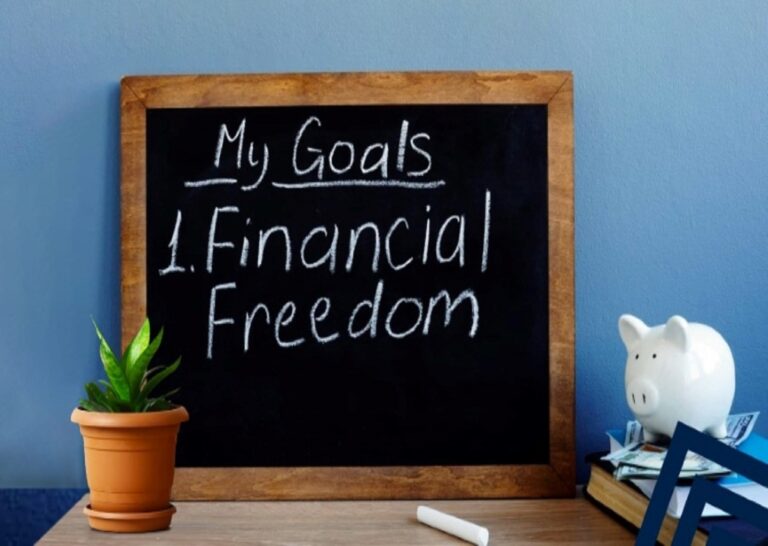Emergency Fund will let you relax. It will feel great to have a buffer between you and the fireballs life throws at you—a cushion that helps you sleep soundly because it turns a major life crisis into just a slight inconvenience. If your AC or Freeze breaks down in mid-July, you’re cool as can be. Why? Because you had your safety net in place!
Your emergency fund is not investment, its insurance with one purpose – to protect you and your family.
– Dave Ramsey
What is an Emergency Fund?
This is simply money you’ve set aside for life’s unexpected events. I am talking about true emergencies here, like a car wreck, hospital visits, or a leaky roof. Suddenly seeing that flat-screen television goes on clearance or Treadmill walker doesn’t qualify as an emergency. Sorry, you guys!
The reason to have this simple: You don’t know what’s going to happen. And no one wants to live at the mercy of life’s twists and turns. Your fund would come in handy if you suddenly lose your job or you all have seen this lockdown which continues for 6-9 months. Don’t let yourself be caught off guard! You need that safety net between you and life. Believe me . . .
How big should my Emergency Fund be?
As a thumb rule, an emergency that lasts for 6 months with no income can help you overcome financial stress. Beyond this time, you should be able to find an alternative solution.
The more stable your income and household are, the less you need in your emergency fund. It can be from 3-6 months expenses.
If you’re a one-income family, you’re self-employed, or you earn a straight commission, then a six-month emergency fund is probably a better idea for you since a job loss could make you unable to pay the bills.
You have to aim for a six-month fund if someone in your house has a chronic medical condition that requires frequent visits to the doctor or hospital, even you have Health Insurance. Even if there’s room in your monthly budget to pay for the expenses, it’s good to be prepared in case a big emergency hits.
Where to keep my Emergency Fund?
The fund should be liquid, meaning you need to keep it in a place where you can get to it easily and quickly. The best option is a simple Saving Bank account with Debit Card or Liquid Fund. That way, you can pay that doctor or mechanic quickly and with no headaches.
But make sure you’re not keeping your fund in a place that’s too easy to access. You don’t want to be tempted to dip into it! I myself keep a completely different bank account & Liquid Fund than my other accounts to make sure it’s as far away as possible!
When to use my Emergency Fund?
When a sudden expense pops up, it can feel like an emergency—but that might not be true. Here are three questions to ask yourself to determine if you need to tap into your emergency savings:
- Is it unexpected?
- Is it necessary?
- Is it urgent?
The more you answer yes, the more likely that situation you’re in is an emergency and justifies using money from your emergency fund.
How to build an Emergency Fund?
- Calculate your average monthly expenses and multiply that figure by 6. This is your target figure.
- Based on your earnings, decide how much you can afford to set aside towards your emergency fund.
- Park your fund’s installments in a separate savings account, a bank fixed deposit, or better yet Liquid funds or short-duration debt funds with a good track record.
- Keep topping up your fund till you reach your target corpus that can cover 3-6 months of your expenses.
- Don’t touch this fund till an emergency demands it.
Start your Emergency Fund Today!!!
Take a second and dream with me—can you imagine what it would feel like to have no Loan payments and have six months’ worth of expenses saved in the bank sitting pretty in your emergency fund? Seriously, stop and think about what life would feel like. You’d be able to breathe easier with that safety net in place, wouldn’t you? It is a sort of like insurance—it costs you some money upfront, but it covers you when things go bad.
Now that you have that picture in your mind, start putting your Money in place! Get on a budget, pay off your debt, and begin saving. You’ll be amazed at how quickly your emergency fund piles up when you aren’t making debt payments! But the best part? You’ll feel an amazing sense of security after completing the Emergency Fund.





